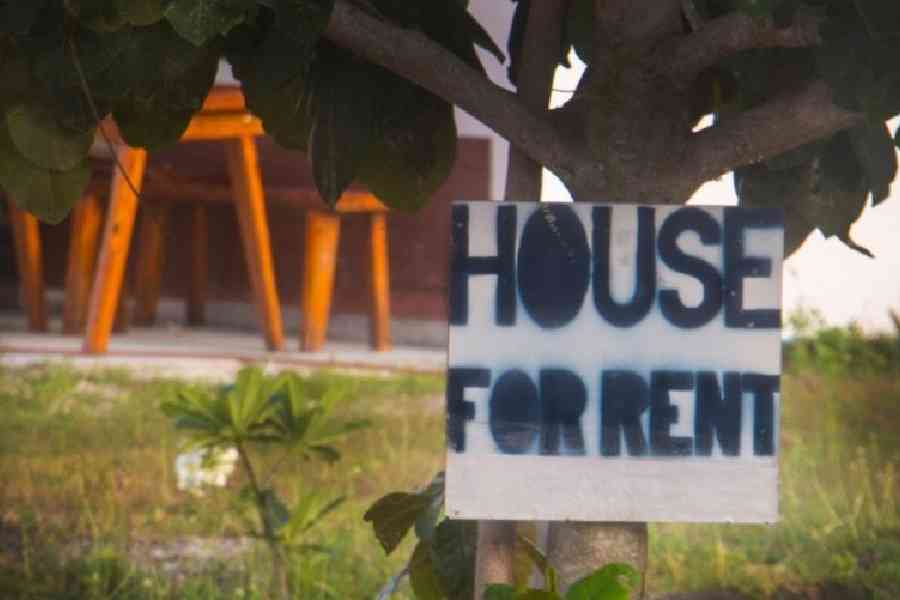Looking for shelter from the storm is a basic human instinct. But the search for shelter can itself be a stormy affair, as was the case with a man looking to rent a flat in Bengaluru recently. He was asked to share with his landlord the links to his LinkedIn and Twitter profiles, a copy of his company joining certificate, his marksheets for Class X and XII and his PAN and Aadhaar cards. The mountain of documents was, however, not enough; the man was also asked to submit a write-up of 150-200 words on himself. Unfortunately, the door of this proverbial Ivy League shelter remained shut even after all this; the landlord was looking for a tenant with a score of 90% in the board examination but the candidate had only managed 75%. This seemingly comical episode bares a tragedy: the pervasive — excessive — demands made by landlords looking to rent out accommodation in modern India.
As more and more citizens migrate to India’s cities that are woefully underprepared to accommodate this surge, specific sections of the citizenry — Muslims, scheduled castes, scheduled tribes, people from the Northeast, sexual minorities, bachelors and single women — find themselves as targets of prejudice and misogyny. The ‘model tenant’, seemingly, continues to be an individual from the majority community with a conventional family whose choices, be it in food, faith or dress, are consistent with those of the landlord. The root of the problem, apart from social, economic and cultural fault lines, is the shortage of urban housing. Data show that the urban housing shortage across India was at 18.78 million houses for the period between 2012 and 2017. These numbers have only shot up since then. Changing sensibilities — millennials, apparently, are loath to own houses permanently — and migration have resulted in the demand for rental housing outstripping supply. Yet, affordable rental housing continues to be a low priority in policy which, in recent decades, has prioritised home ownership through incentives and fiscal perks. But rising prices of real estate, inflation and stagnant or decelerating incomes have put home ownership beyond the reach of many.
A robust and reformed rental housing policy is a must if India is to tackle the shortage in urban housing. The draft national urban rental housing policy and the Model Tenancy Act, 2021 aim to rectify the situation. But challenges persist. For instance, the MTA underscores the mutual responsibilities of landlords and tenants. In many cases, however, contestations and litigations prohibit such cooperation. Hearteningly, there are templates that India can turn to in order to improve its rentership market. Most notable among these is Germany where rentership rates are as high as 54% owing to the least generous tax benefits to homeowners — in other words, property owners can deduct the interest paid on a mortgage from income taxes only if they do not occupy the property. Radical policy interventions suited to local conditions could perhaps make the search for shelter a less stormy experience in India.










